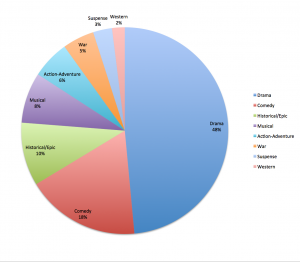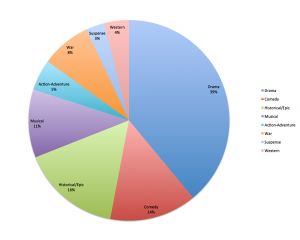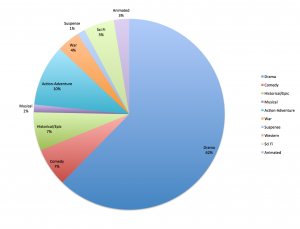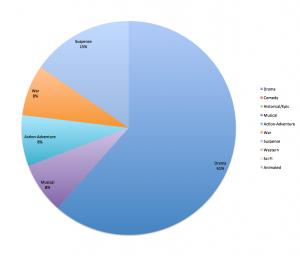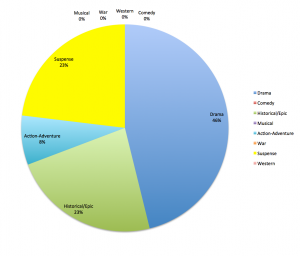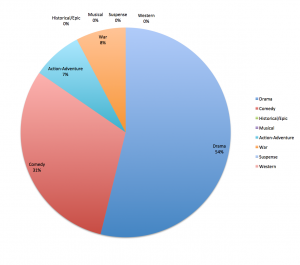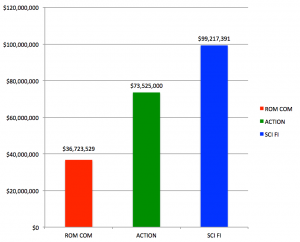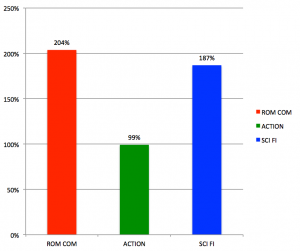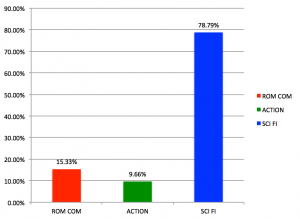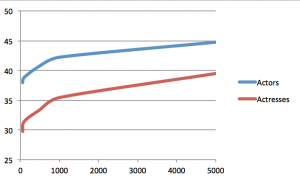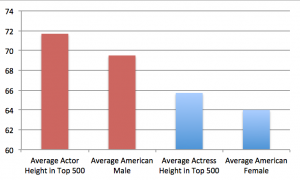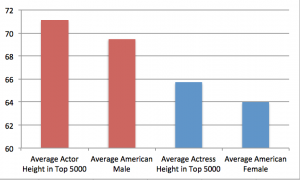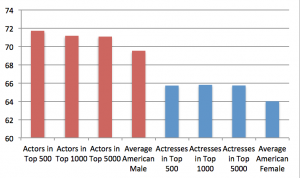Favorite Books of 2024
/Previously: 2007, 2008, 2009, 2010, 2011, 2012, 2013, 2014, 2015, 2016, 2017, 2018, 2019, 2020, 2021, 2022, 2023
In 2024, I read 100 books, fewer than in previous years. This is partly due to the fact that we are in a golden age of podcasting, and partly due to the fact that I’m still in the middle of reading some extremely long books. You can view my 2024 reading list on Goodreads. Each year, I blog about my favorite books, an idea I got from the incomparable Aaron Swartz.
Without further ado, here are my...
Favorite Books Read in 2024
1) Lonesome Dove by Larry McMurtry. This is one of the best books I've ever read. McMurtry is a master, painting a vividly researched world and populating it with richly complex characters. He expertly captures the savage and arbitrary cruelty of frontier life. All of his characters pine for the living and pine for the dead; none are ever satisfied with their lot. Despite this undercurrent of sadness, the book is filled with action, wit, and originality. The novel is a triumph of American literature.
2) Into Thin Air by Jon Krakauer. This is the first-hand true story of the Mount Everest disaster of 1996 that left several mountaineers dead. The adventure tale is gripping and harrowing; one gets a true respect for the toughest mountain in the world and the toughest mountaineers in the world.
3) The Black Count by Tom Reiss. This is the astonishing true story of Alexander Dumas pere's father. Born a slave, Dumas was half-black and entered the French army as a private. Through skill and bravery, he rose to become the equivalent of a 4-star general. As a young soldier, he was a legendary swordsman, once winning three duels in a single day. As a cavalry officer, he won battle after battle - always against superior forces. Serving in the Alps under Napoleon, Dumas once single-handedly held a bridge against the Austrians for an hour, until reinforcements arrived. He was a true French revolutionary and despised the autocrat, Napoleon, which ultimately led to his downfall. He was imprisoned in Naples for two years and nearly killed by his jailers. Napoleon reversed the tolerant racial laws that had led to Dumas’ meteoric rise through the ranks. Dumas was never granted his soldier’s pension and died at 40. His swashbuckling life of adventure, from Haiti to Cairo, was the inspiration for his son’s famous books: The Three Musketeers and The Count of Monte Cristo.
4) The 38 Letters From John D. Rockefeller to His Son by John D. Rockefeller. Written over a century ago, Rockefeller’s words feels incredibly modern and insightful. It is amazing how many ideas about business and motivation originated with Rockefeller - a self-made man and the world’s first billionaire. I particularly loved his letter about Abraham Lincoln, in which Rockefeller implores his son to embody Lincoln's fortitude in rising up from failure, and to emulate Lincoln’s moral courage in fighting slavery. Rockefeller also writes a letter on the theme of "Greed is Good," that seems to have anticipated Oliver Stone’s famous speech from Wall Street. Rockefeller ushered in a new age in which people could become fabulously wealthy not through an accident of aristocratic birth, nor through pillaging, but by creating transformative businesses that improved the lives of millions.
5) Progress by Johan Norberg. It's amazing how recently in history that all human lives were ravaged by disease, famine, flood, poverty, illiteracy, filthy drinking water, infant mortality, and crime. This book is a lovely reminder of how far things have come since the industrial revolution. This year, I also read Norberg’s book, The Capitalist Manifesto, which is similarly insightful. Industrialization and global trade have ushered in an era of wealth and abundance that is easy to take for granted unless one takes a thoughtful look back over the past two centuries of astonishing human progress.
6) Your Table is Ready by Michael Cecchi-Azzolina. This is a memoir about Michael’s career as a Maître d’ at some of New York’s finest restaurants. This book is essentially the Kitchen Confidential of the front-of-house. For anyone who loves restaurants, this is a fascinating glimpse into the inner workings of the industry. It is also a love letter to New York.
7) The Anxious Generation by Jonathan Haidt. A reasonable, measured, and data-driven examination into what social media and new parenting strategies are doing to the mental health of young people. There is accumulated evidence that smart phones have wreaked havoc on the mental and social development of boys and girls. Haidt recommends banning cell phones in school, banning smart phones and social media before 16, and most importantly, allowing kids to have unsupervised playtime away from adults.
8) Bad Therapy by Abigail Shrier. Shrier’s book makes a compelling case that children are being molly-coddled by helicopter parenting and overly therapized teaching environments. For decades, studies have shown that about a third of patients improve from therapy, a third stay the same, and a third get worse. But while the benefits of therapy may be muddled, Shrier makes the case that the iatrogenic harm of therapy is clear - particularly on young minds. This is a provocative book and a devastating indictment of certain parenting and teaching methods that have quite possibly gone awry.

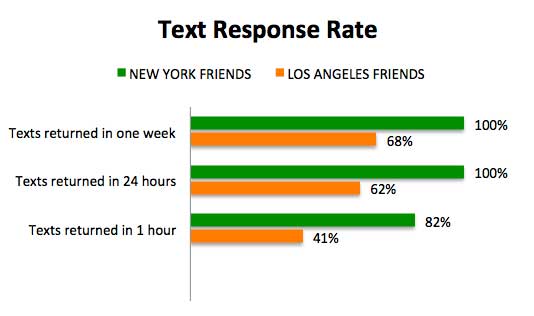


























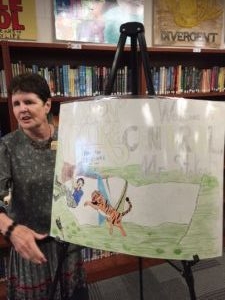





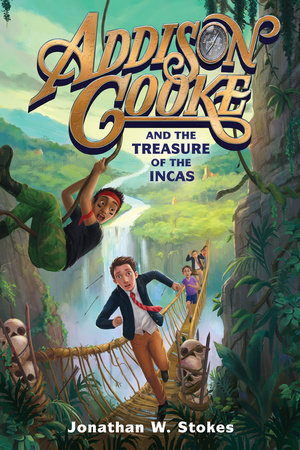 Addison Cooke and the Treasure of the Incas is now available for pre-order on
Addison Cooke and the Treasure of the Incas is now available for pre-order on 



















